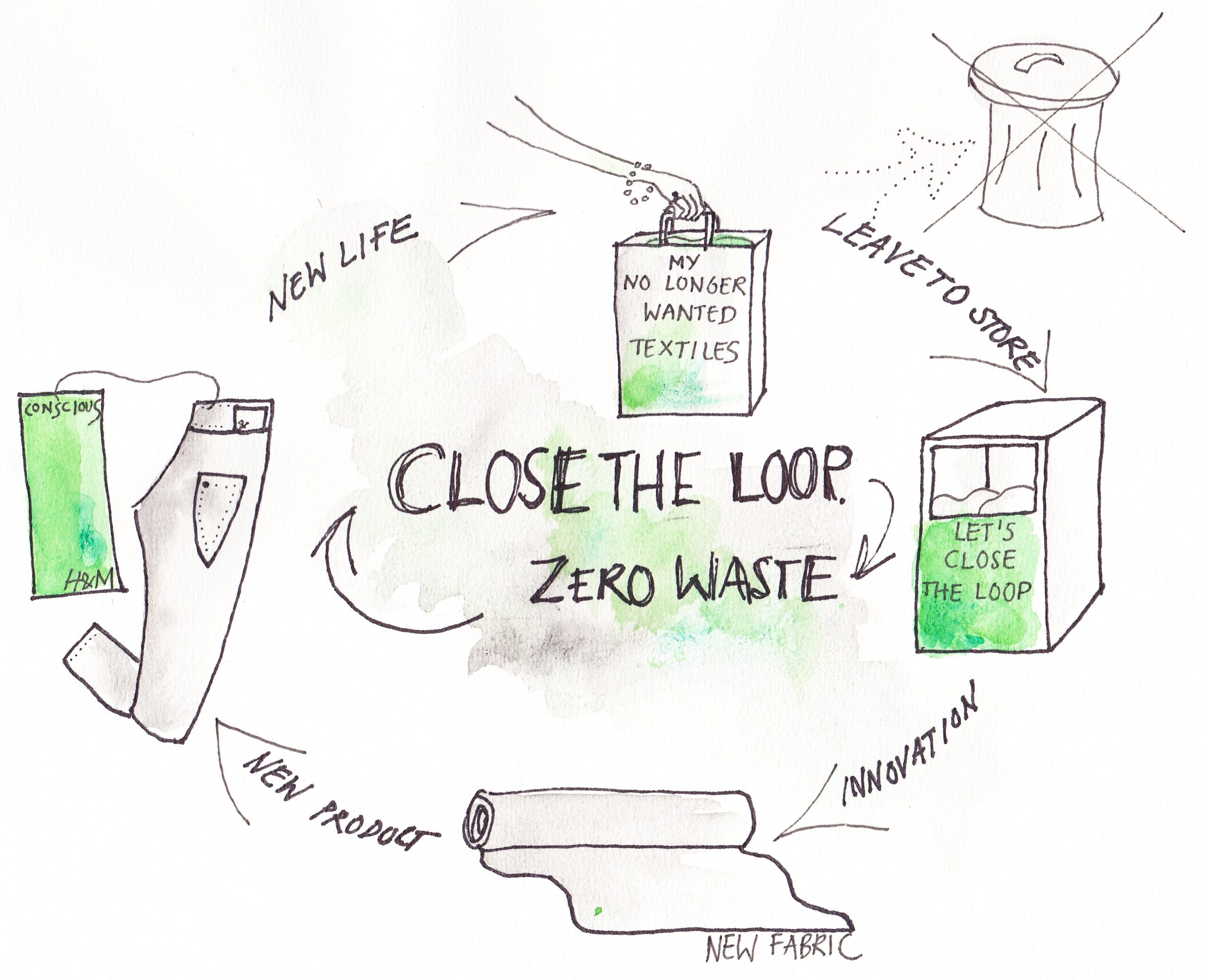Just like fashion, consumer loyalty blows through phases. Is sustainability just another fad or is this loyalty trend here to stay?
With the new year comes new challenges, retail trends and a shift in consumer needs. Alongside omni-channel retailing and emerging technologies, sustainability is slowly embedding its way into the industry. This trend is building momentum as more shoppers are becoming invested in environmental issues and expect retailers to echo their sentiments. In fact, according to the 2013 Global CSR RepTrack 100 report, 73% of consumers are more likely to recommend companies that are sustainably-conscious. Subsequently addressing important social issues, upholding ethical operations and ensuring business transparency are now becoming highly influential factors in retaining loyal consumers.
Implementing sustainable practices in various business models is proving to have a positive effect on retailers, consumers and the broader community. This win-win strategy has deservedly evolved from a risky business idea into a powerful way to make a difference and differentiate in competitive markets. Retailers across the world are seeing the great value of sustainable practices and are making a genuine effort to apply these principles to their business.
Supply Chain Management
Consumers and regulators are constantly on the lookout for irresponsible and unethical retail management. In fact, in 2014 Ethical Consumers Australia launched their Good on You app, which provides consumers with a platform that showcases brands that have a positive impact on people, the planet and animals while also identifying those that aren’t sustainably-conscious. Many retailers have responded to this movement by reviewing and rebuilding their supply chains to directly align with the ethical values of their customers. They are improving these supply chains by implementing sustainable strategies into their business operations, from sourcing to manufacturing, packaging and distribution.
Logistics is a key area of focus for sustainability efforts and, as a result, we are seeing conscious retailers opting for transportation methods that minimise environmental harm. Conscious retailers are optimising their business models by sharing warehouse and distribution operations to reduce environmental impact and cut operational costs.
Reuse, Recycle and Recreate

Providing additional recycling services is another growing practice within the retail sector. A prime example of this is H&M’s garment collection program. This sustainable initiative, launched in 2013, evolved H&M’s retail business to an eco-friendly service by reselling, reusing and recycling old garments. The first products made from these recycled textile fibres from unwanted garments were manufactured and sold in the following year. This ‘Close the Loop’ concept identifies strongly with the environmental values of millennial shoppers and serves as crucial consumer loyalty tool for the brand.
Social Impact and Community Investment
Retailers are recognising their potential in this space and are updating their traditional business models to meet community and social needs. According to the Retail Industry Leaders Associations’ Retail Sustainability Report, consumers are now more appreciative of companies that are authentically investing in making the world a better social and environmentally friendly place.
TOMS corporate responsibility programs are great examples of delivering sustainable programs for community and social needs. TOMS shoes are made of sustainable and vegan materials including natural hemp, organic cotton, and recycled polyester. Their One for One model matches every product purchased (shoes, bags, eyewear or coffee) with a new pair of shows, clean water or medical treatment for those in need. The brands sustainability initiatives provide health, education and community development programs to help improve the future of children, their families and communities in need.
As sustainability develops as a key brand identifier and a priority for consumers, it’s obvious retailers who implement sustainable strategies gain and retain loyal customers. Retailers with strong sustainability programs that directly align with consumer and employee values not only experience the substantial business benefits, but also harness a powerful tool to positively influence society. So will this sustainable trend keep consumers honest and loyal? Or will they too put this movement in the recycling bin, already anticipating the new trend to hit the loyalty shelves soon.






















